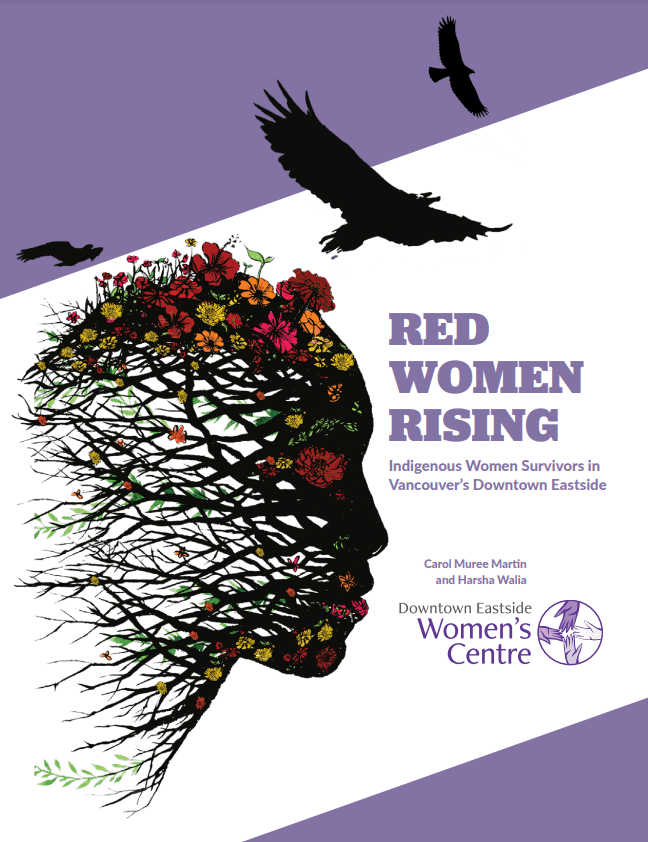207 search results
Recommendations for safe and affordable housing for Indigenous women in the DTES
Recommendation 91: Change government definitions of social housing and affordable housing to mean rates that are affordable to people on social assistance, and rents that are income-geared not market-geared.-
Category and theme:
Groups affected:
Recommendations for safe and affordable housing for Indigenous women in the DTES
Recommendation 92: Funding initiatives to end homelessness must be more inclusive of Indigenous women. Implement the existing recommendations of Homes 4 Women and Women’s Shelters Canada on making homeless initiatives and funding structures more gender-equal.-
Category and theme:
Recommendations for safe and affordable housing for Indigenous women in the DTES
Recommendation 93: Federal funding for homelessness needs to go beyond Housing First initiatives to better suit the diverse needs of Indigenous women. Housing First funding must also have less eligibility criteria and longer timelines.-
Category and theme:
Audience:
Recommendations for safe and affordable housing for Indigenous women in the DTES
Recommendation 94: Extend the provincial Shelter Allowance for Elderly Renters (SAFER) to housing charges in nonprofit cooperative housing, and extend SAFER grants to the amount of rent increases.-
Category and theme:
Groups affected:
Recommendations for safe and affordable housing for Indigenous women in the DTES
Build social housing and transition homes
Recommendation 95: Immediately build 10,000 affordable social housing units per year in B.C., with an additional 1000 units each year. These units must be self-contained units of at least 400 square feet with bathrooms and kitchens.-
Category and theme:
Audience:
Groups affected:
Recommendations for safe and affordable housing for Indigenous women in the DTES
Build social housing and transition homes
Recommendation 96: A minimum of 30 percent of all units funded by the current National Housing Strategy and the various Building BC Housing Funds must be designated to Indigenous women and families, and be operated by Indigenous housing providers.-
Category and theme:
Audience:
Recommendations for safe and affordable housing for Indigenous women in the DTES
Build social housing and transition homes
Recommendation 97: Any new social housing must consider the needs of Indigenous women, such as adequate space for children and extended families, cooperative housing models, accommodating cultural and ceremonial practices, equipped for mobility devices and accessibility for elders, and with integrated services such as child care, free laundry, and programming on-site.-
Category and theme:
Audience:
Recommendations for safe and affordable housing for Indigenous women in the DTES
Build social housing and transition homes
Recommendation 98: Highest priority for social housing should be given to Indigenous women fleeing violence and Indigenous mothers at risk of child apprehension.-
Category and theme:
Audience:
Recommendations for safe and affordable housing for Indigenous women in the DTES
Build social housing and transition homes
Recommendation 99: Provide Indigenous women with individualized options for housing that supports choice and self-determination. For example, women should have the option to live in or outside of the DTES, for abstinence-based or harm reduction-based buildings, for women-only or housing that includes men, for housing that is with or without increased security and guest rules.-
Category and theme:
Audience:
Recommendations for safe and affordable housing for Indigenous women in the DTES
Build social housing and transition homes
Recommendation 100: Open more transition homes and low-barrier shelters that are for Indigenous women only.-
Category and theme:
Audience:
